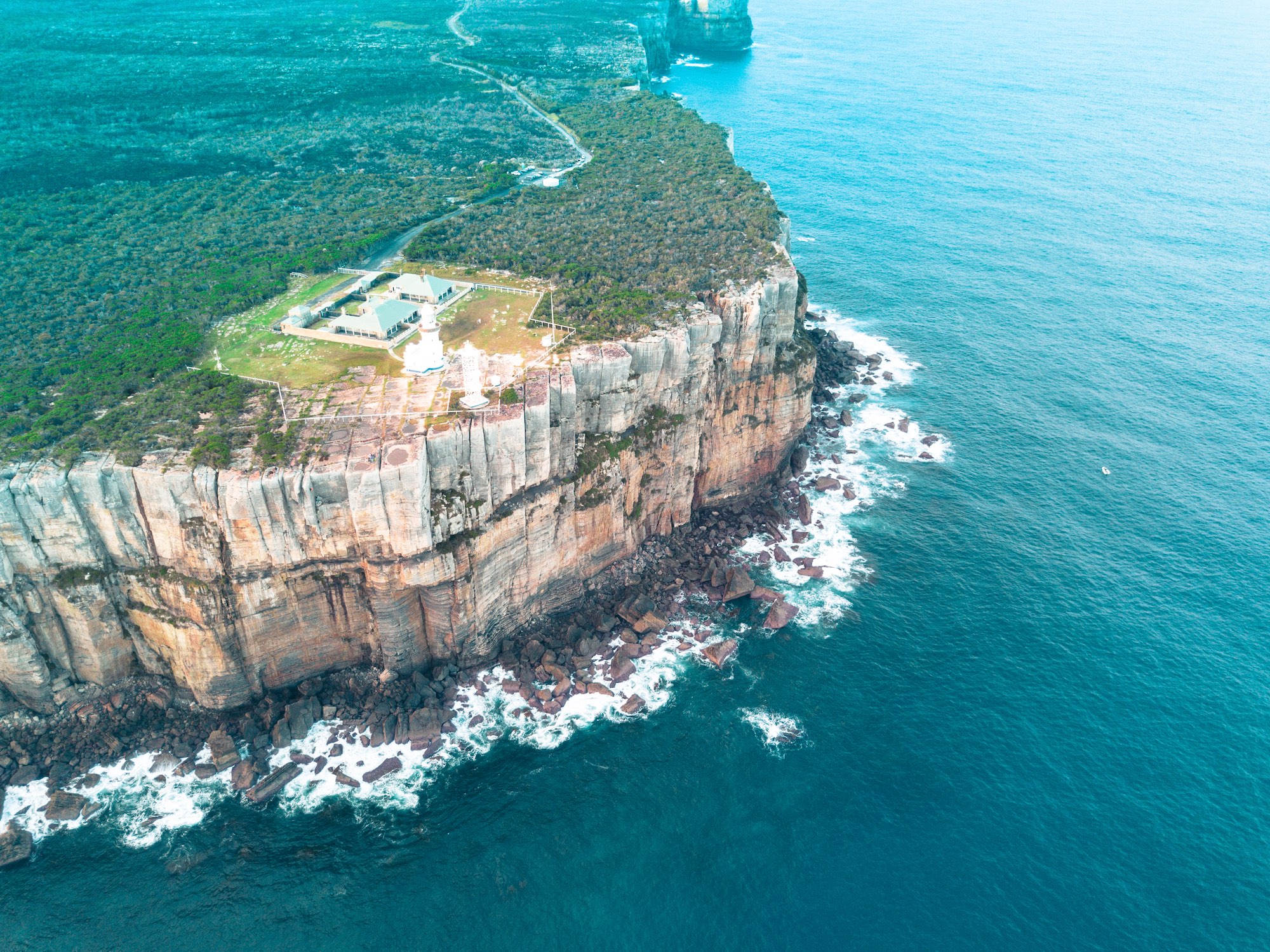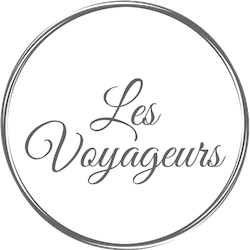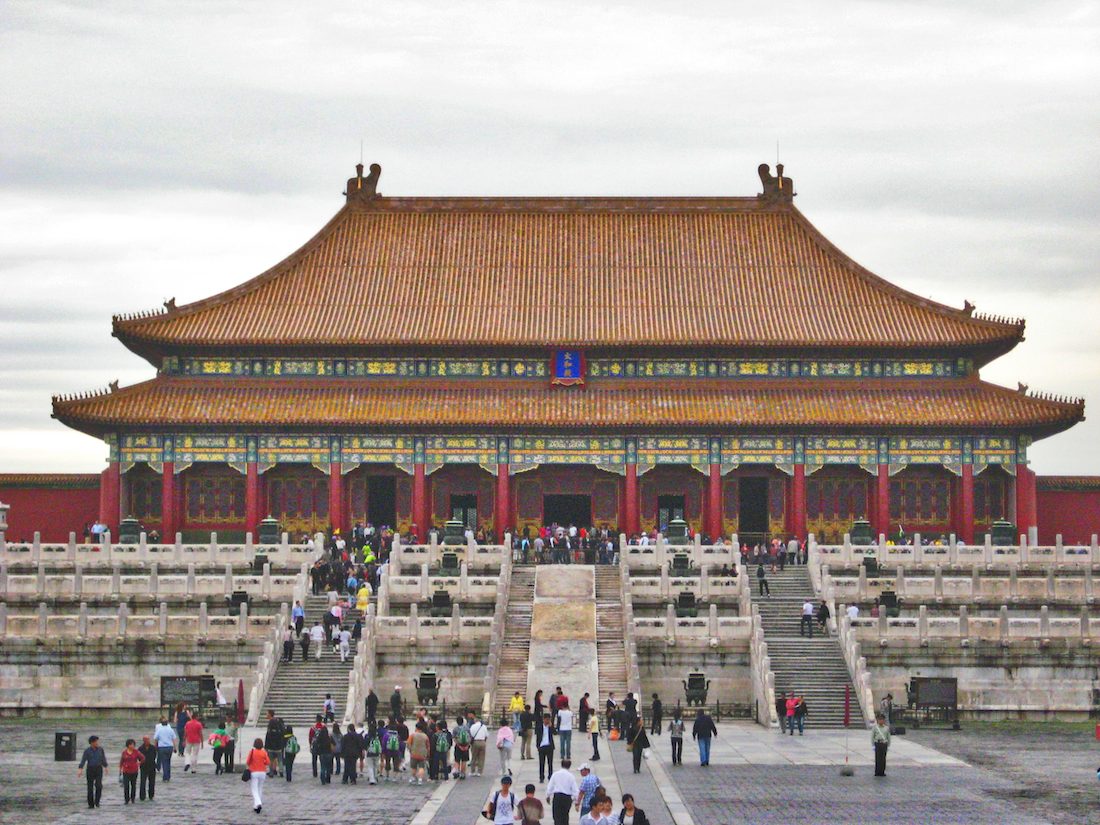Lying at the center of Beijing, the Forbidden City, was the imperial palace of the Ming and Qing dynasties (1368-1911) and is now called the Palace Museum. Tian’anmen Square is a kilometre away. As the imperial palace for nearly 500 years, the Forbidden City houses a number of rare treasures and curiosities and is a UN World Cultural Heritage site.
The Outer Court


Yellow is the dominant color in the Forbidden City as it is the symbol of the royal family. Roofs are built with yellow glazed tiles and decorations in the palace are painted yellow.



Behind the Hall of Preserving Harmony, in the middle of the stairway, is a marble carving of nine dragons playing with pearls – it is the largest stone carving in the Forbidden City.


The Gate of Supreme Harmony (Taihemen) is the main gate of the Outer Court and is guarded by a couple of gilded bronze lions which were aimed to show imperial dignity. The east one is male, with its front right paw put on a ball, meaning imperial power extended worldwide. The lioness (below) on the west puts its front left paw on a lion cub, indicating prosperously growing family.


The entrance to the Imperial Garden, the private garden of the imperial family.







